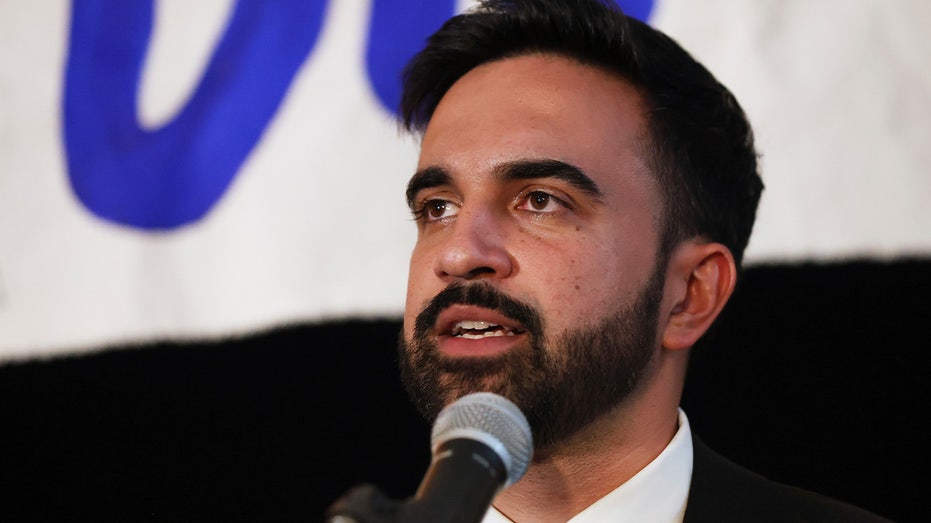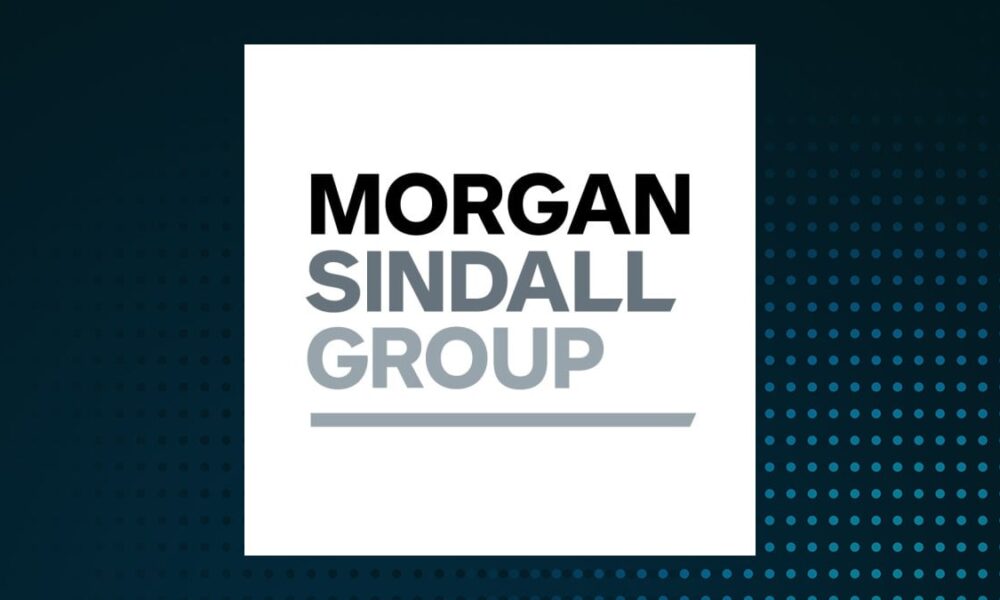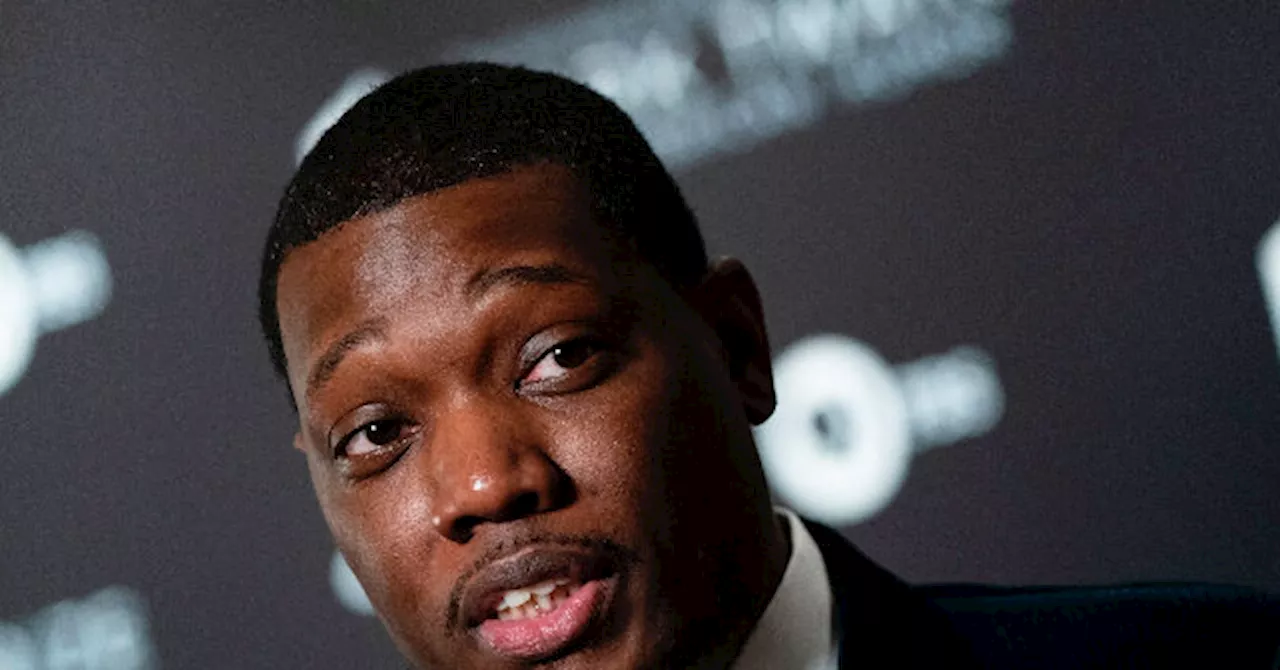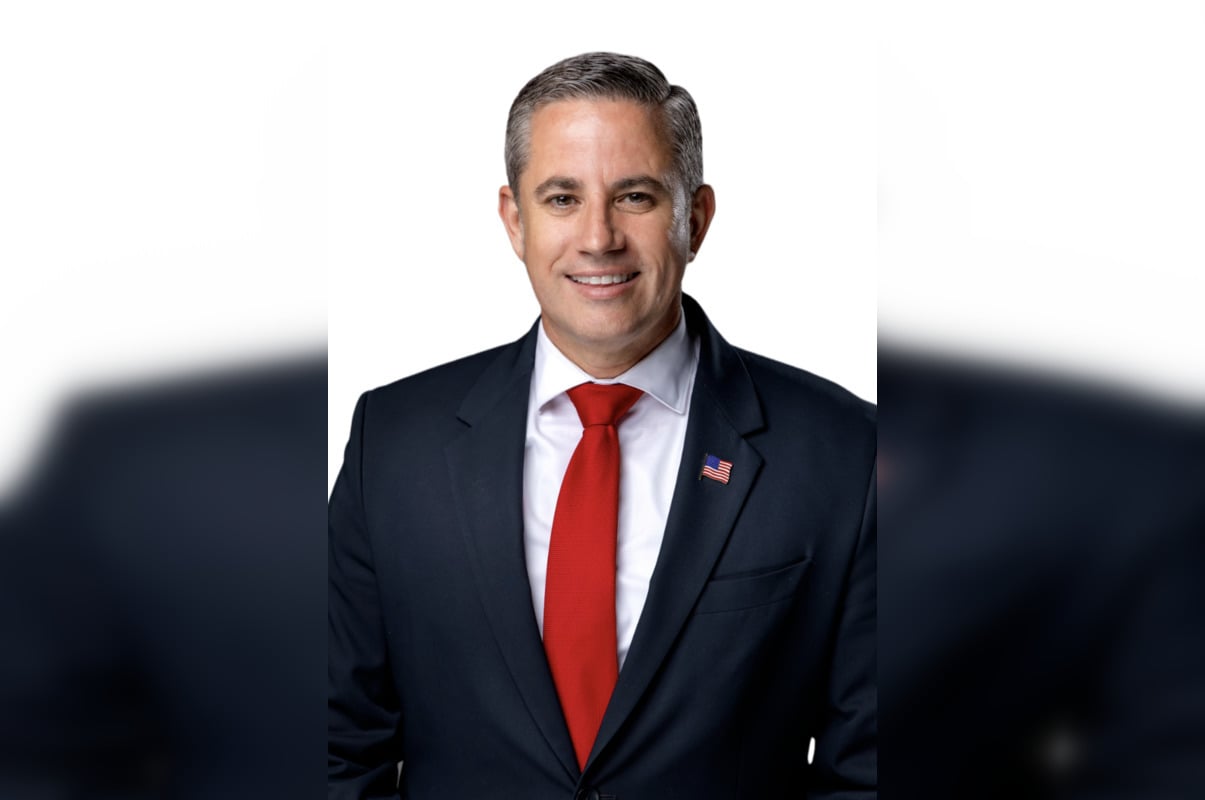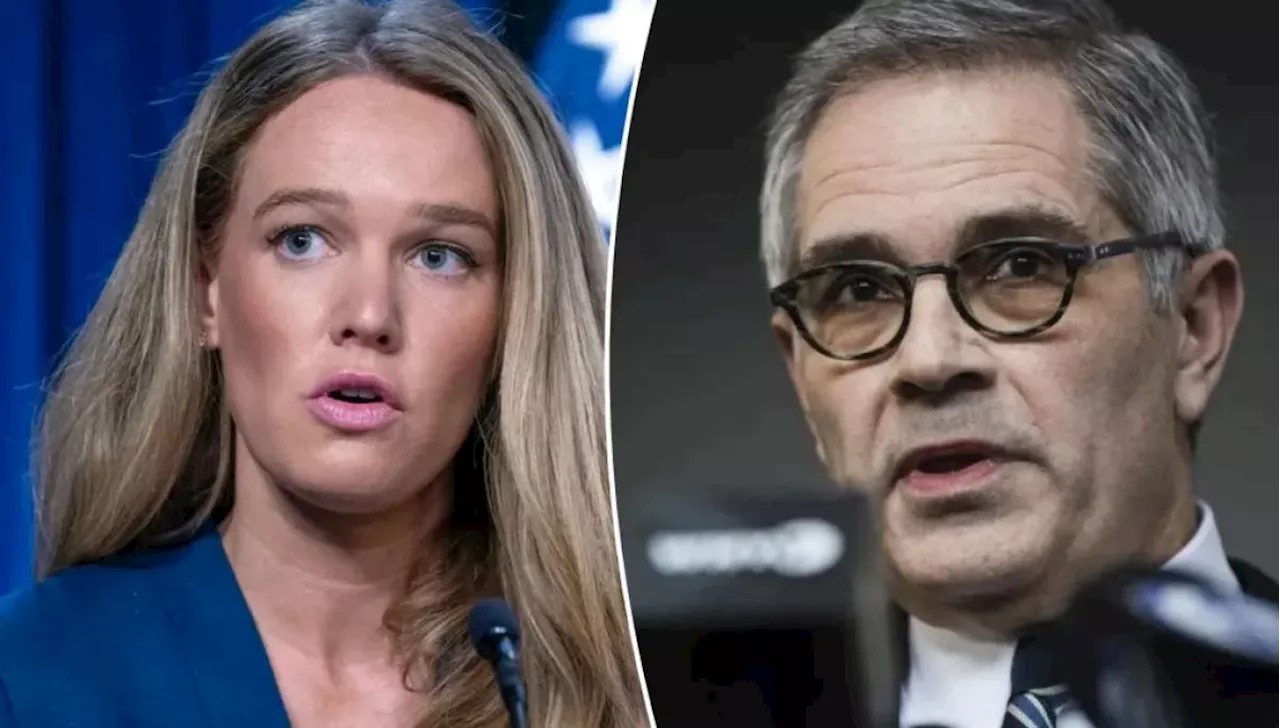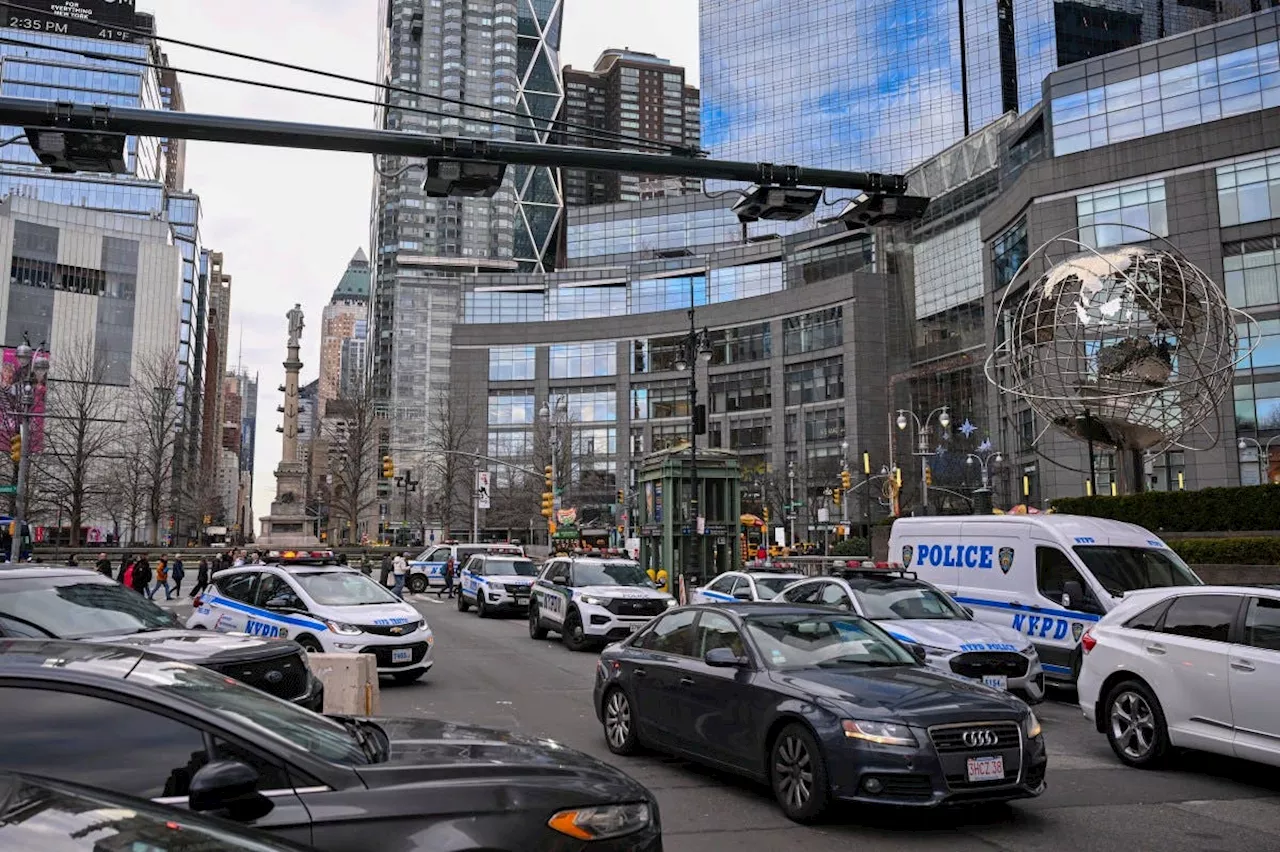New York City mayoral candidate Zohran Mamdani has garnered significant backing from a coalition of clerics, activists, and political operatives, amid rising accusations of Islamophobia against him. Speaking at the Islamic Cultural Center of the Bronx last week, Mamdani became emotional while recalling his aunt’s fear of using public transport after the September 11 attacks. His remarks resonated with many in the community, including Debbie Almontaser, a Yemeni-American educator and prominent figure in Muslim activist circles.
Almontaser, who was compelled to resign as principal of a city school in 2007 due to her defense of a controversial T-shirt slogan, now serves as a senior advisor to Emgage Action and is a board member of the Yemeni American Merchants Association Action. These organizations are part of a larger network of 110 political nonprofits and community groups rallying behind Mamdani during his campaign. Recently, Almontaser organized a protest to defend Siraj Wahhaj, a controversial Brooklyn imam criticized for his radical views.
Mamdani’s coalition is characterized by a blend of political and religious affiliations. While he identifies as a Khoja Shia Muslim, a sect with liberal roots in India, many of his allies practice more conservative Sunni interpretations. According to Mansour Al-Hadj, a researcher on Muslim political movements, this coalition demonstrates how political Islam adapts within democratic frameworks. Al-Hadj stated, “The same networks that once focused on community services are now mobilizing voters and producing candidates.”
The support for Mamdani is not without controversy. His association with Wahhaj has drawn scrutiny due to the imam’s past statements, including a 1992 speech urging American Muslims to elect an “emir” instead of participating in mainstream politics. Critics highlight Wahhaj’s history of inflammatory rhetoric, including characterizing America as “filthy and sick.” This has raised alarms about the potential radical influences within Mamdani’s support network.
In response to attacks on Mamdani, the Muslim American Society and other organizations have actively defended him. They recently signed a letter condemning “unmistakably Islamophobic, anti-Black, and xenophobic” criticisms aimed at him. This language reflects a broader strategy among these groups to frame opposition as part of a pattern of discrimination against Muslims.
The youth director of the Muslim American Society, Mohammad Badawi, has been vocal in portraying Muslims as victims and has called for resistance against perceived injustices. His remarks during community gatherings have included calls for “victory worldwide” for Muslims, reinforcing a narrative of global struggle.
Another prominent figure is Abdullah Akl, an organizer with the Muslim American Society Youth Center, who has led protests in New York demanding solidarity with Palestine. His rhetoric often blends faith with activism, declaring that their mission is to “globalize the intifada.” Following the October 7, 2023, Hamas attack on Israel, Akl’s statements have intensified, echoing calls for urgent action.
Meanwhile, the Council on American-Islamic Relations (CAIR) has played a crucial role in defending Mamdani and contesting Islamophobic narratives. While CAIR has faced scrutiny in the past, including being named an unindicted co-conspirator in a terrorism financing case, it continues to assert its position as a defender of Muslim rights.
The political landscape surrounding Mamdani also includes notable media figures like Mehdi Hasan, a former host at Al Jazeera, who has publicly supported Mamdani. Hasan’s own history of provocative statements has raised questions, particularly after he faced backlash for a controversial tweet suggesting a drastic reduction in airline safety.
Another influential figure is Yasir Qadhi, an American imam who has expressed support for Mamdani’s candidacy as a “civilizational victory” for Muslims. Despite his controversial past, Qadhi’s endorsement highlights the complex interplay of religious and political identities shaping this coalition.
Supporters like Imam Khalid Latif, who leads the Islamic Center of New York City, have publicly backed Mamdani, emphasizing the need for compassion and community in a time of division. Latif’s previous associations, including a pilgrimage involving the Orlando nightclub shooter, have sparked discussions about the implications of his support.
The coalition backing Mamdani is diverse, including figures like Linda Sarsour, a Palestinian American political organizer and co-founder of the Women’s March. Sarsour has been a mentor to Mamdani, further intertwining their political journeys and highlighting the ongoing debates around representation and identity within the Muslim community.
Critics, including Al-Hadj, argue that Mamdani’s coalition does not represent the entirety of the Muslim community in New York City. He warns that the rhetoric of grievance and victimhood may overshadow the diverse voices within the community. Al-Hadj states, “The God Squad does not speak for every Muslim in New York—nor for every Shia, every Sunni, every immigrant family, or every second-generation kid trying to thread faith and freedom.”
As the election approaches, Mamdani’s coalition faces both support and scrutiny, raising questions about the impact of identity politics on local governance and community representation. Regardless of the election outcome, this movement illustrates the evolving dynamics of political Islam in contemporary American society.

